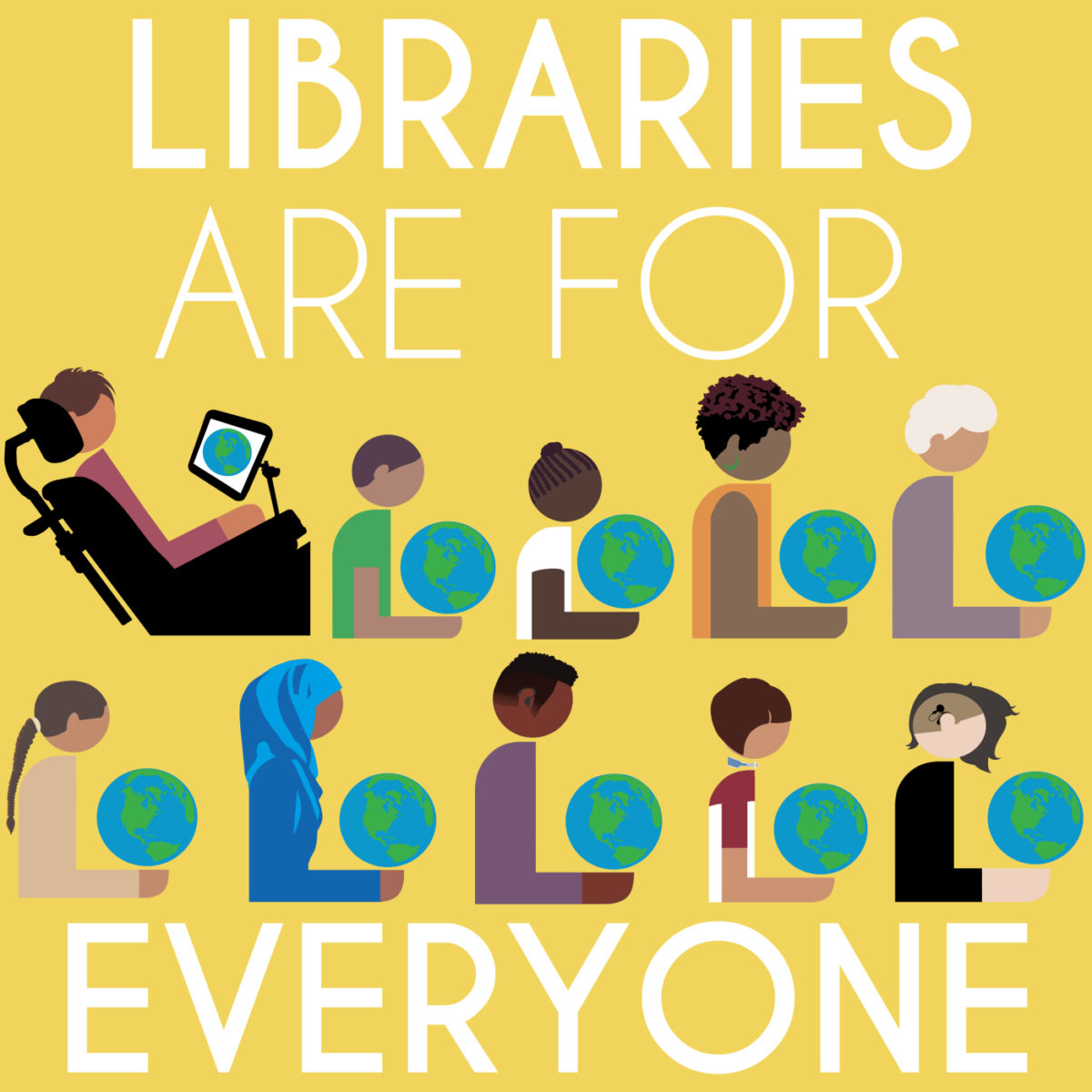In today’s fast-moving world, the wisdom and importance of grandparents can sometimes be overlooked. Yet, spending time with older adults offers countless benefits—for individuals, families, and society as a whole. These connections enrich our lives emotionally, mentally, and socially, offering valuable perspective, unconditional support, and a sense of continuity.
Wisdom, Life Lessons, and Perspective
Older adults carry with them a wealth of experience. Grandparents, for instance, have lived through decades of social, cultural, and technological changes. They’ve weathered challenges, celebrated triumphs, and developed a deep understanding of what really matters in life. When younger people take the time to listen, they gain access to stories, advice, and lessons. Many of which can’t be found in books or online.
Conversations with older generations often provide perspective in times of stress or confusion. Their insight can help reframe problems, offering calm, time-tested guidance. Learning about how they navigated hardship. Whether it was raising a family during economic difficulty or adapting to unexpected loss, can be a reminder of human resilience.
Emotional Support
For many, grandparents are a source of unconditional love. They offer a different kind of support than parents or peers—often more patient, forgiving, and reassuring. Their presence can be particularly grounding for children and teenagers, offering a stable emotional foundation.
Spending time with older adults also helps reduce loneliness for both sides. Many seniors face isolation, especially if they live alone or in care facilities. Regular interaction with younger people can boost their mood, mental alertness, and sense of purpose. In turn, young people gain emotional security and a stronger sense of identity by understanding their family and cultural roots.
Breaking Stereotypes
Socializing with seniors help break down age-related stereotypes. When younger generations see seniors as vibrant, active, and wise, they’re more likely to treat them with respect and compassion. This mutual understanding fosters empathy, combats ageism, and encourages more inclusive, connected communities.
Engaging with older people also helps younger individuals practice patience, better communication, and listening skills. It teaches them to value different perspectives and appreciate the pace and wisdom that often come with age.
Stronger Families and Communities
In families, grandparents often act as anchors—passing down traditions, sharing family history, and helping create lasting memories. In communities, older adults can serve as mentors, volunteers, or storytellers, contributing meaningfully to the lives of others.
Socializing with older generations is not just beneficial—it’s vital. Whether it’s a grandparent or a senior neighbor, these relationships offer connection, wisdom, and joy. In a world that often values speed and novelty, slowing down to listen to and learn from older voices is one of the most rewarding things we can do.
For more living well, tips check out my website: KathyHusserTempe.com









